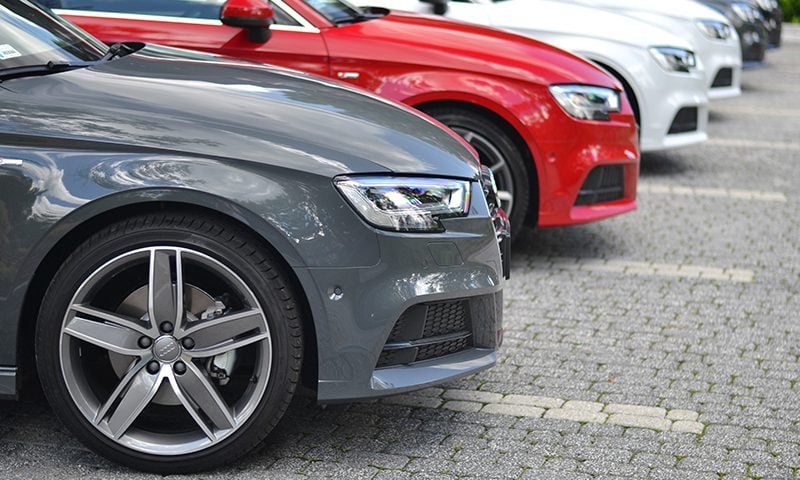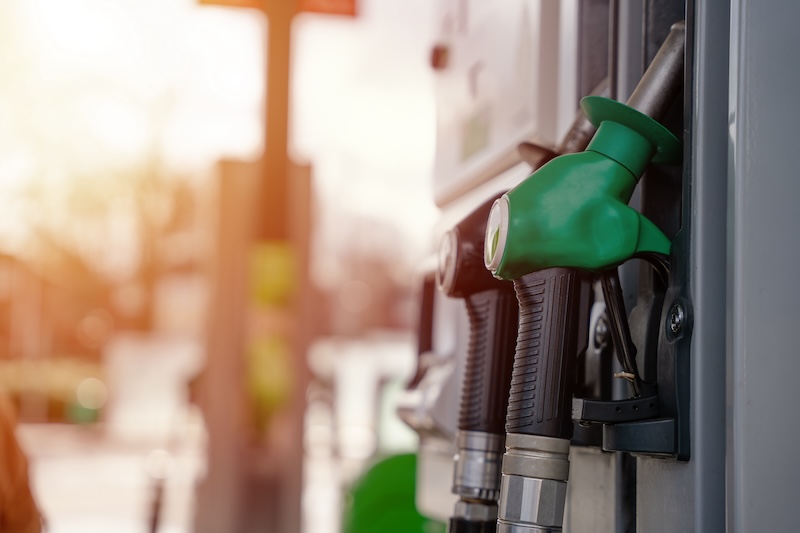Bank loan vs car finance: which is best?

Fancy a feisty Fiesta or a peppy Polo? Basic spec or top of the line? Black, white or red? There are so many exciting options when buying a new car, but also some pretty daunting ones, and how you’re going to pay for it is usually top of the list…
When you take out a loan with the bank you are credit checked and given a repayment figure that usually comes out of your bank each month.
Alternatively, you could go down the route of car finance, and there are two main kinds available – hire purchase (HP) and personal contract purchase (PCP).
With HP, the sale price is broken down into a deposit and a number of monthly installments, with interest added on top. Once you’ve paid it all in full, the car is yours outright. You can also buy a used car on HP.
PCP is more complicated and isn’t aimed at owning your car outright. You’ll pay an initial deposit, followed by monthly deposits for a term agreed with the dealership (typically over three years), and then you’ll be given three choices at the end of your contract…
You either hand the keys back to the dealer and pay no additional fees, or you can pay a settlement fee and own the vehicle outright.
Alternatively, you can choose to upgrade, and any value left over from the settlement fee is knocked off the price of a new vehicle.
In case it’s not obvious straight away which one to choose, let’s weigh up the options…
Acceptance
There’s a much higher threshold for creditworthiness with a bank than there is with a car finance company. Unless you have a strong credit score it’s very possible your loan may be refused, whereas car financiers are more likely to approve you if you have a poor credit rating.
Deposit
A big positive when using a bank loan to finance your new vehicle is the bank won’t require you to have an upfront deposit as with car finance. This makes things easier if cash flow is tight.
However, the value of this deposit is spread across the term of a bank loan, and so if your monthly outgoings are more important than initial outlays, then car financing could be for you.
Interest
Excluding any additional charges at the end, overall you’re likely to pay more with a bank loan than with car finance, as a bank’s interest rate is typically higher.
Security
With a bank loan, the amount you borrow is not secured against your car. Although you have an obligation to repay the loan each month, you own the car outright from the day you buy it.
Comparatively, with car finance, if you fall behind with payments then your car could be taken in enforcement proceedings.
Choice
Unlike other financing options that restrict you to brand new cars or put you in a poor position to negotiate, having the cash in the bank gives you the freedom to shop around for a new car. You could even look at buying directly from a private owner as opposed to a dealership, which usually means the vehicles are cheaper. Being a cash buyer also puts you in a strong negotiating position if you fancy haggling down the price.
Penalties
With car financing, you’re contractually required to stay within a mileage limit, and you’ll be charged heavily for going over. You’ll also pay a subsidy if you damage the car at all, other than what the financier deems to be “general wear and tear”.
However, with a bank loan there are no penalties for higher mileage and the main contractual term you’ll have to stick to is repaying your loan on time.
Now you know how you’re going to pay for your new wheels, but if you can’t decide whether to go for a brand spanker or a tried and tested model, check out our buyer’s guide to new vs old.


